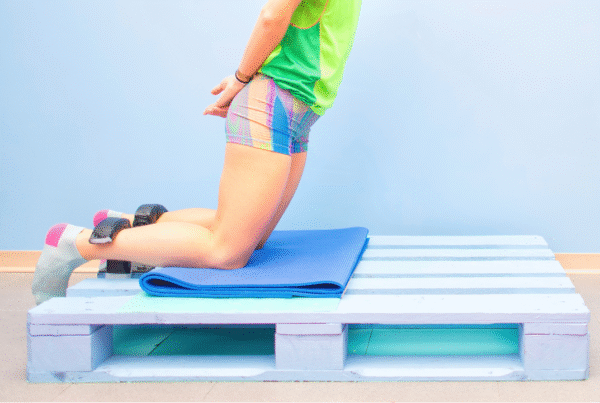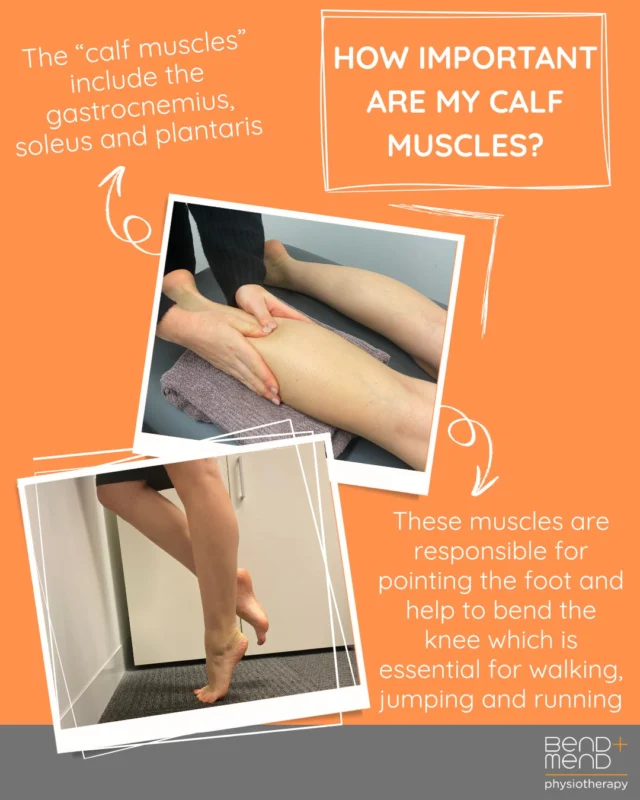Rehabilitation exercises are an important part of the conservative management of any musculoskeletal condition. Exercises can range from those which aim to improve movement, those which try to stretch sore and tight muscles and those which aim to improve the strength, endurance, power or activation of certain muscle groups. Pain and discomfort are a common part of the rehab process as the body begins to heal, however from time to time rehab exercises can cause an increase or an onset in pain, so is this normal, is it okay?
The experience of pain is thought to be the body’s way of telling us that something is wrong. This is fairly useful in the early initial stages of an injury or a condition to let us know that we have a problem or our injury is getting worse. A good example of this is in the case of a broken arm. Initially the pain in the first few weeks is quite painful and any movement of the broken bone is quite sore, which is the body’s way of telling us to rest and let the bone heal. However as the bone heals the level of pain with movement of the arm should decrease. Now in the case of long term musculoskeletal pain such as chronic lower back pain that level of pain doesn’t reduce and can worsen over an extended period of time outside normal healing due to a number of factors including psychological, biomechanical and emotional. The body continues to send off pain signals despite it being likely that the original injury has finished healing. These signals are usually unhelpful and can cause maladaptive ways of moving which can prolong disability and pain.
Using this understanding of pain can help us decide whether an exercise is supposed to be painful or not in order to achieve improvements in function.
For injuries which are in the first few days to weeks, generally exercises for rehabilitation shouldn’t be painful (there are some exemptions to this rule such as in the cases of surgery or stiffness). With an acute injury an increase in the same type of pain or an onset of pain during rehabilitation exercises may indicate an increase in irritation of the structures involved or a worsening of a condition. It is best to cease exercise, rest periodically and seek clarification if you experience an increase in your injury pain.
This is different to the goals of rehabilitation in chronic musculoskeletal injuries. An onset of short term pain or discomfort with exercise is generally okay to some extent and can help create adaptive changes in affected muscles, nerves and joints to reduce long term pain overall. In the case of long term pain, pain signals are continually created by non- threatening stimuli and movements which have become maladaptive in nature. Strengthening, improving range of movement or control in the body part which is affected can cause pain, as affected tissue becomes exposed to new loads and stimuli to allow for positive changes. One of the most common examples of this is in tendon pain, in order to create changes to the tendon which will help reduce symptoms the exercises prescribed usually allow for some degree of pain.
Overall an onset of pain during rehabilitation exercises can be okay depending on the type of injury you have and for how long you have had it. Any type of pain during rehabilitation should be monitored and reported to your physiotherapist to help guide your rehabilitation.
If in doubt about any exercise, speak to your physiotherapist or if you need help with rehabilitation for an injury speak to one of our friendly Bend + Mend Physiotherapists here in Sydney’s cbd.





